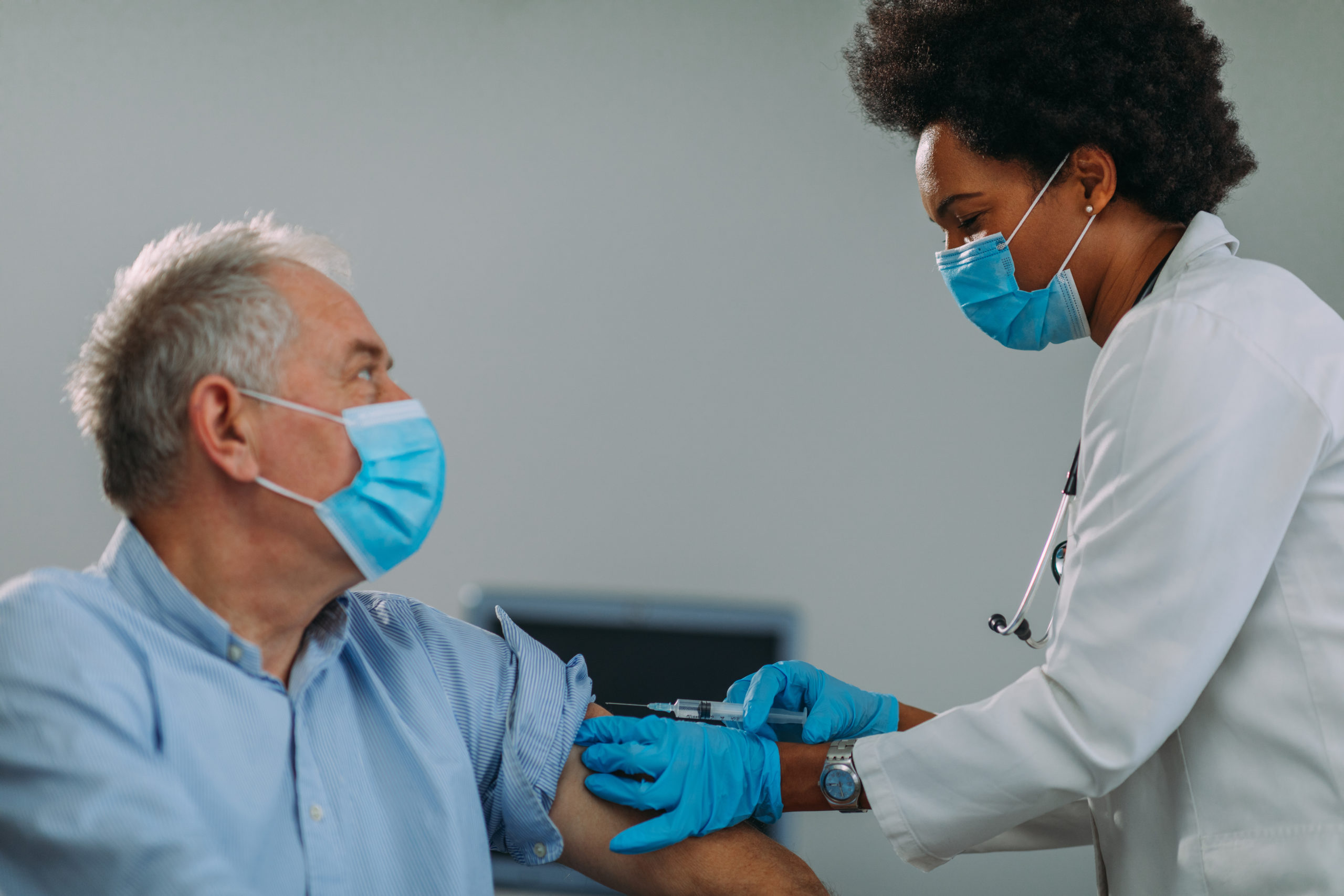April 11, 2022 | Category: Opinions
By Terri Doss
Thirty years ago, when I started my career as a pharmacist in Logan County, West Virginia, I never expected our community would face a challenge like COVID-19. For the last two years, patients in our community have relied on pharmacists to receive timely and accessible health care and services. This is particularly true for West Virginians living in rural areas, who often have limited access to primary care facilities. However, due to temporary federal and state authorities that are set to expire soon, patients may lose access to care and services provided by pharmacists. To avoid this outcome, Congress should immediately pass legislation to ensure consistent patient access to pharmacist care.
Despite my three decades as a pharmacist, l was not fully prepared to respond to the sheer scale of the COVID-19 pandemic. Like many health care providers, pharmacists across the country had to adjust and respond quickly to address the needs of patients. While many health points of access closed in response to the spread of the virus, pharmacies remained open and expanded their services to provide COVID-19 testing, vaccination and treatment to patients. My team and I have administered roughly 4,000 COVID-19 vaccine doses to patients in West Virginia.
Rural communities, such as Logan County, where I have worked all of my life, rely upon pharmacists as a trusted source of health care and services. Nearly two out of three residents of West Virginia live in medically underserved rural areas. Many of these patients suffer from chronic health conditions, such as chronic obstruction pulmonary disease from coal mining or diabetes. Patients, particularly the elderly, medically underserved and those suffering from chronic conditions, rely upon pharmacies for their day-to-day health care. In fact, nine in ten Americans live within five miles of a pharmacy, and they visit their pharmacist twice as frequently as they visit any other health care provider.
As I travelled to vaccinate workers at some of the largest coal mines in West Virginia, I saw sites that had been crippled by the spread of COVID-19. Workers faced a great degree of uncertainty, fearing for their health, family, and jobs. Many of these patients had questions and fears regarding COVID-19 and its treatment. At this difficult time, patients rely on pharmacists to access information about the virus, manage their health, and find support. Patients often develop a close relationship with their pharmacists, given that the majority of pharmacists work in the same community where they live.
Patients visiting my pharmacy, many of whom I’ve known for a long time, told me that they were grateful they could come in to see me without an appointment, and that they could not receive COVID-19 care at other health care facilities due to prohibitively long waiting times. In 2021, West Virginia had the most vaccinations per capita in the nation, to a large extent because of the accessibility of community pharmacies. Nationally, pharmacists have administered 233 million COVID-19 vaccine doses.
I am proud of how the West Virginia pharmacy community has provided patients with reliable access to health care and services. However, pharmacists have been providing these care and services under temporary federal and state authorities. When they lapse, Medicare beneficiaries will lose access to essential care and services for COVID-19 and related conditions, such as influenza and strep throat. This could leave many patients in West Virginia, especially those in rural areas, without timely and accessible health care.
West Virginia residents should be pleased that Representative David McKinley introduced H.R. 7213, legislation that would ensure patients can continue to have access to essential health services provided by pharmacists, and ensure pharmacists are adequately reimbursed for these services. I urge other Members of Congress to support H.R. 7213 to protect our communities, alleviate gaps in care and advance health equity.
Terri Doss has been a practicing pharmacist for over 30 years and is the owner and managing pharmacist of the Man Pharmacy in Man, WV, and Hometown Rx Pharmacy in Logan, WV.

